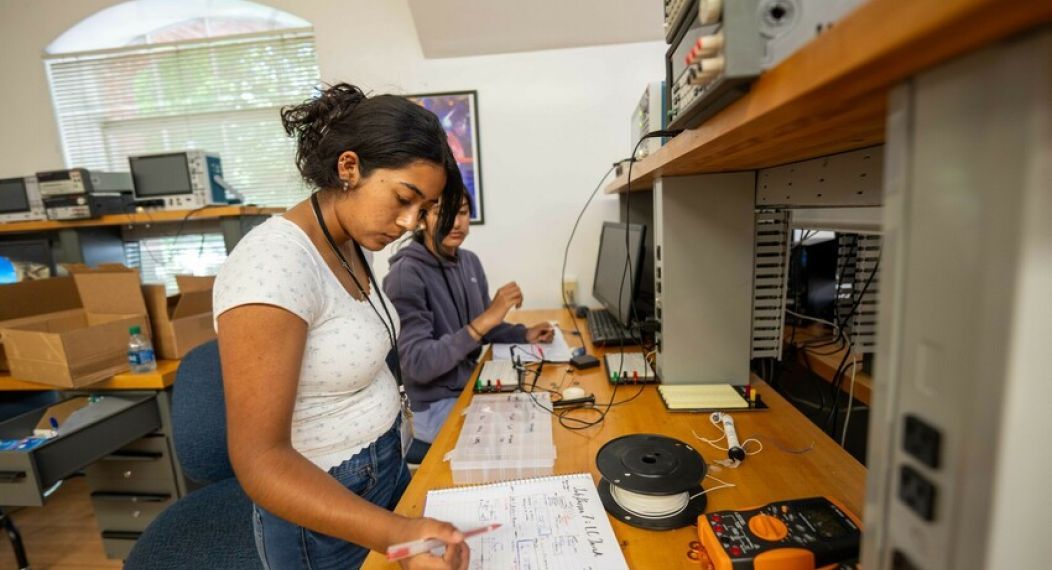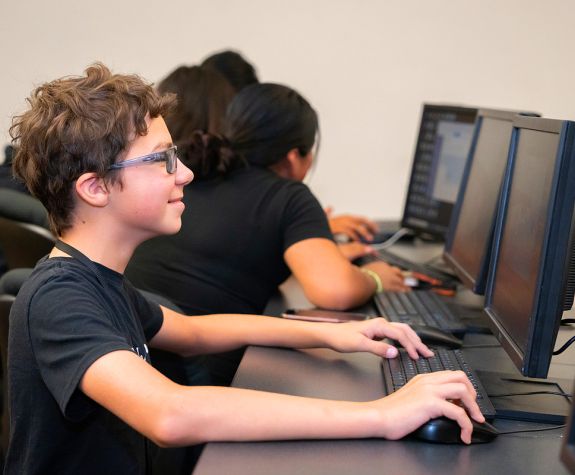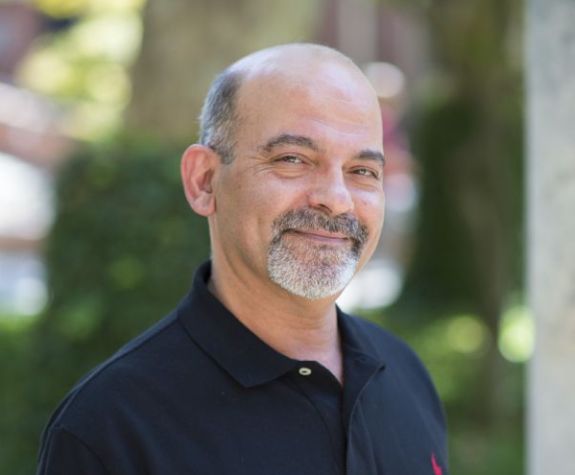Session 1
Session 2
Building Electrical Circuits and Computers
Fundamentals of Electrical and Computer Engineering
Computing, communication and control systems are the heart of today’s high-tech industries and the designs of these sophisticated systems are all based on a few fundamental concepts in electrical and computer engineering. This action-packed two-week course introduces students to building circuits and computers with some light theory, a lot of experimentation and a touch of coding and simulations.
The course covers a number of fundamental topics including: (1) introduction to electricity; (2) circuits with resistors, capacitors and inductors; (3) filters and resonant circuits; (4) magnetism and motors; (5) amplifiers; (6) digital circuits including AND, NAND and NOR gates; (7) software tools such as MATLAB and PSPICE; and (8) power generation using solar panels. The last topic covers another “3C,” the climate change crisis. The course is highly hands-on and ends with a team project using all of the above elements.







